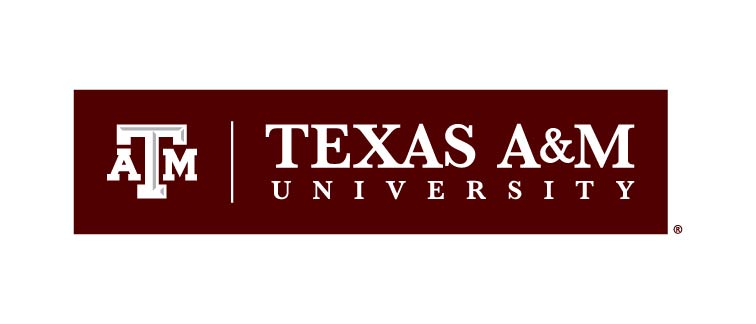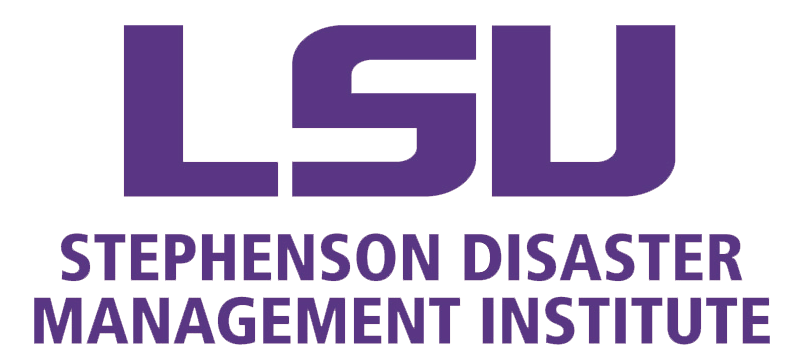The Focused Coastline and People Research Hub at Texas A&M
A National Science Foundation Funded ProjectThe Focused Coastline and People Research Hub at Texas A&M is conducting research to help coastal communities prepare for coastal hazards. Researchers at Texas A&M University are leading this effort thanks to a five-year, nearly $4.2 million grant from the National Science Foundation.
Who is at Risk?
Coastal Hazards for Communities
Coastal communities increasingly experience acute and chronic hazards, such as hurricanes, flooding, rising sea levels, and erosion.
Enhancing community resilience to these hazards requires planning, effective use of community resources, and new knowledge.
Risks for Tribal Coastline Communities
Tribal communities along the Northern Gulf Coast, from Texas to Florida, are particularly at risk. These communities are at heightened risk for multi-hazard damages. Coastal hazards can lead to the loss of historical and cultural properties, sites, or autonomous areas.
About the Coastlines and People Project
The Texas A&M Hub will lead fundamental research with five other universities in the U.S.
This transdisciplinary project will:
- Integrate different disciplines through community-engaged research. Our research will combine anthropology, archeology, urban planning and engineering.
- Establish and sustain effective partnerships with tribal communities. A systematic approach will promote trust to ensure the incorporation of community-driven research questions and decision-making.
- Identify critical community needs, priorities, and concerns. Data and expertise will be collected at community events and through interviews, roundtables, and discussion forums.
- Inform decision-making strategies and future hazard mitigation plans for marginalized communities. These science- and evidence-based strategies will be ready to implement.
The Focused Coastline and People Research Hub at Texas A&M
Researchers at Texas A&M University are leading this effort thanks to a five-year, nearly $4.2 million grant from the National Science Foundation.
PI and CoPIs
Research Outcomes
The research outcomes are expected to be both transferable to other locations and scalable.
The proposed research will result in a diverse set of models and decision-making tools for measuring:
- Coastal Hazards Impact
- Infrastructure Damages
- Evacuation Performance
- Social Vulnerability
- Performance of Planning Documents
- Effectiveness of Climate Adaptation Strategies
Research Progress and Outcomes
Educational Outcomes
As part of the grant, the team will support a pipeline for high school students from tribal communities into and through graduate school. Students will visit the universities and researchers involved in the project and engage in various participatory data collection activities across the disciplines.
Undergraduates will work with the team as research assistants through summer and semester-long programs.







